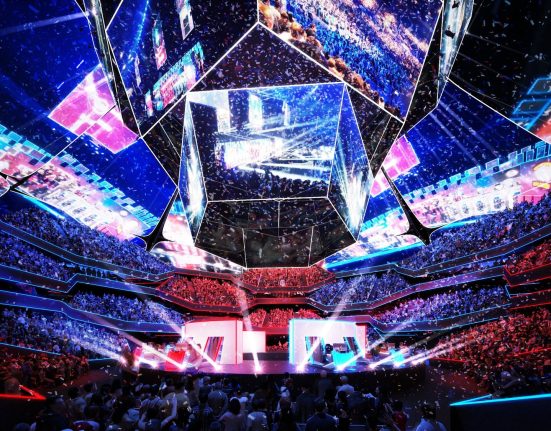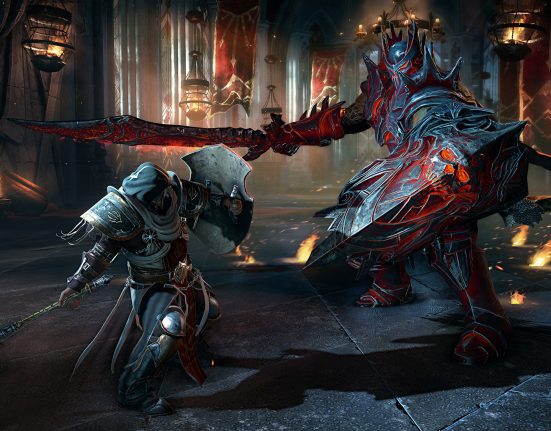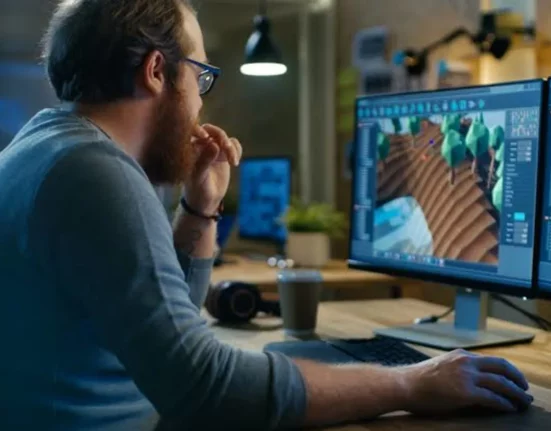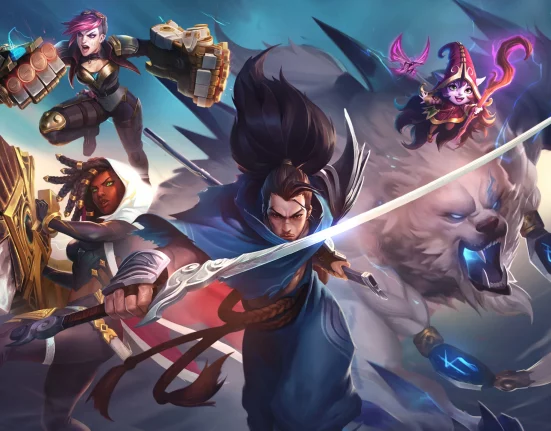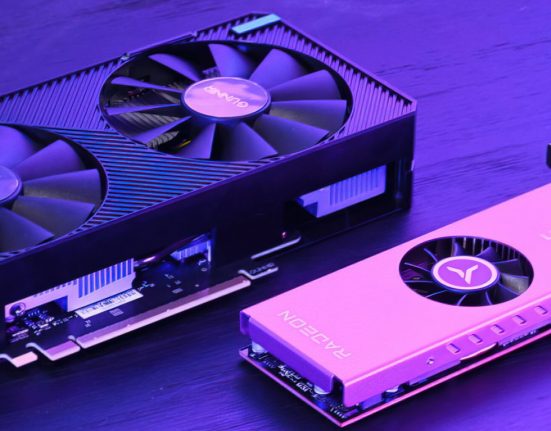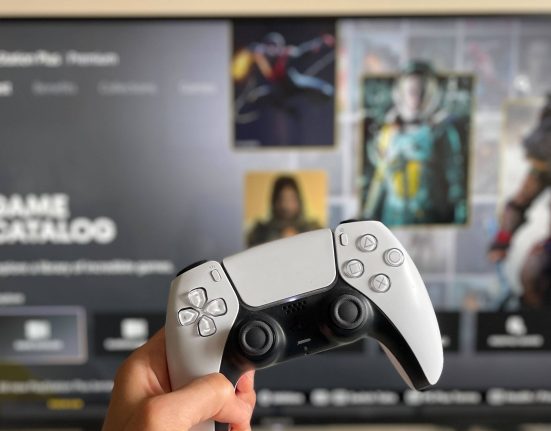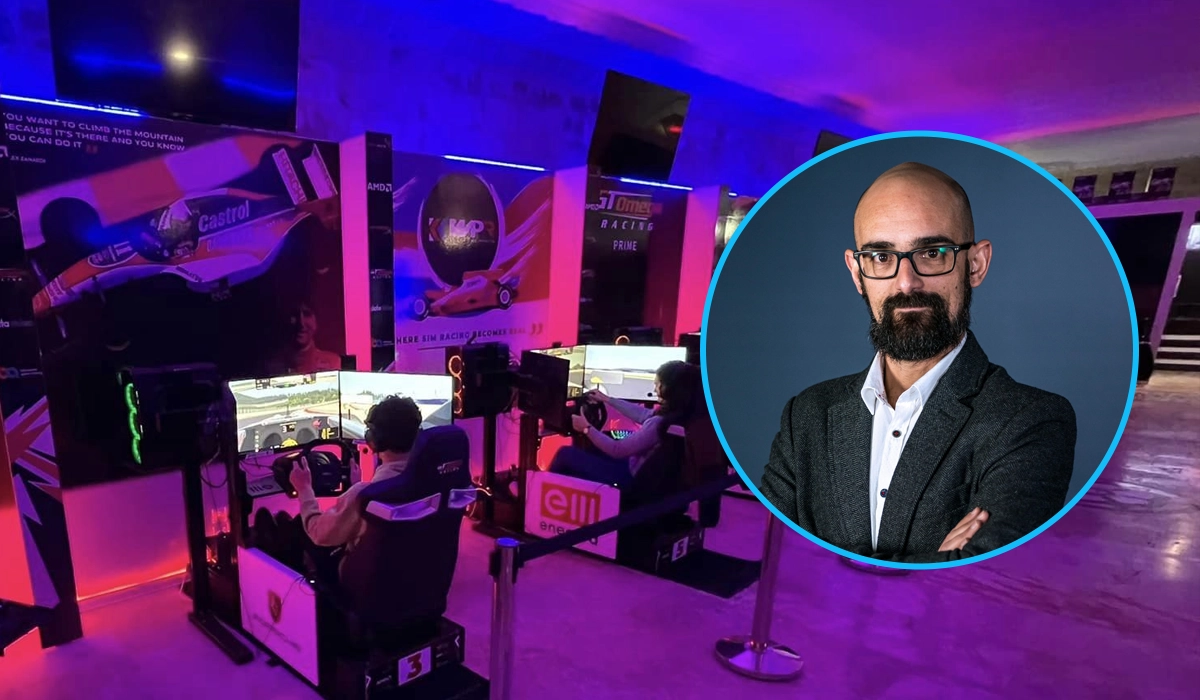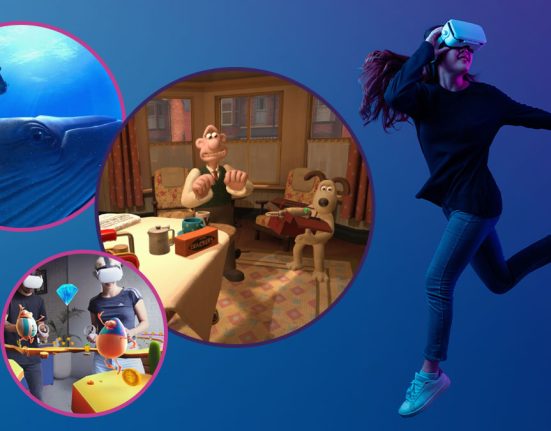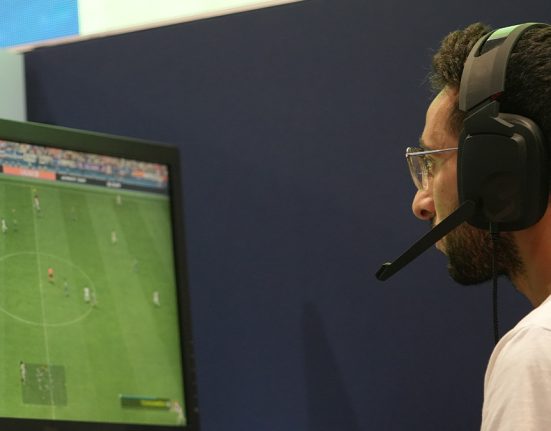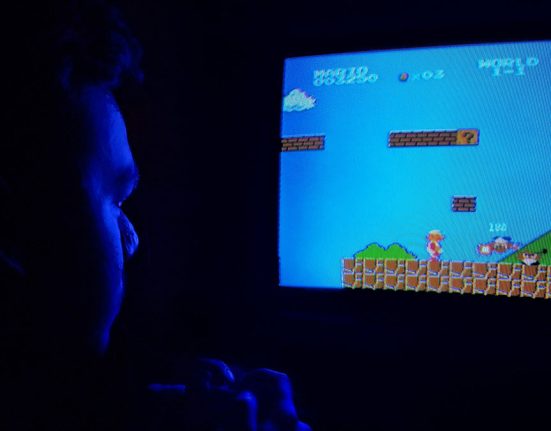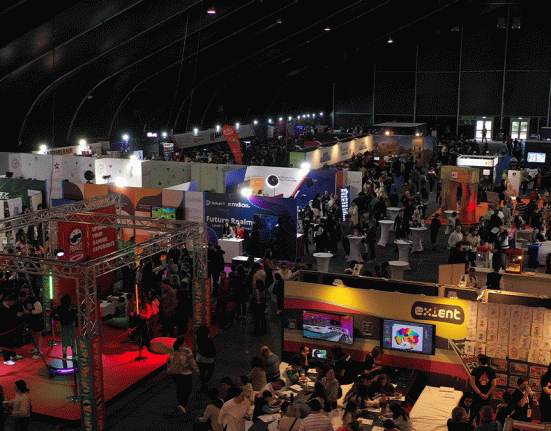As discussed in our most recent featured article on the topic of SIM Racing, there’s a local and international scene to dive into. Accordingly, we’ve brought on board a local expert on the topic, Justin Mifsud, who agreed to an interview. Read on to learn everything there is to know about SIM Racing!
As an expert in the field of SIMRacing, Justin is the Vice Chairman at International Digital Motorsport Federation, the Founder & CEO at World Pro Racing, the Founder & Team Manager at RPM Esports and a Producer and Presenter at Esports+.
#1 – Hi there Justin! From your point of view, what is SIMRacing and how has it developed over the past few years?
SIM Racing is short for simulation racing, and it’s quite simple. Basically, all anyone needs is a steering wheel, foot pedals and, of course, the PC (computer). Notably, the PC platform is clearly the preferred means of participating. Specifically, on consoles (such as PS5 and Xbox) the simulation is not as detailed due to various factors. Of note, you don’t have the ability to modify the settings as freely.
Out of all the titles, I’m not going to dive into which one I personally believe is the best. Overall, they all have their pros and cons, in multiple aspects. Actually, the variety of titles allows for individuals to play whatever they wish depending on their preference.
As long as the driver is performing well, especially in real life, and having fun, then that’s all that matters. Speaking of real-life, force-feedback is perhaps the only technology which I’d consider essential in any peripherals you choose to use regardless of the price.
Thanks to this life-like nature, SIM Racing is considered the modern day entry to motorsport, as proven by the kids and adults I work with on the daily. With the freedom of not getting hurt, being an awesome learning experience, it’s the first step prior to karting. Not everyone has the budget to get into karting and SIM Racing provides that cushion.
Over time, SIM Racing has developed rapidly, in accordance to the parallel development of the technology. Nowadays, SIM Racing is all about technology, the whole esport is technology. Now with new software and hardware incoming, we’re slowly closing the gap on reality, although it’ll never be 100%.
For example, at World Pro Racing (WPR), we have a professional motion simulator where we have seat belts which can be used to replicate the forces exerted on drivers when pressing the throttle or the brake – simulating real life.
Since I started dedicating my life to SIM Racing back in 2017, the evolution has come to a point where motorsport manufacturing, racing companies and competitive teams are all investing in technology. So much so, that software and technical engineers are needed to help such teams due to the immense benefits of SIM Racing – all the benefits of motorsport training without the costs of tires, fuel and possible accidents which can always lead to death.
Personally, I can vouch for SIM Racing myself as I learnt drifting from my simulator with no practice in real life to then use the real car to perform identically to the virtual world. With time, and by overcoming certain barriers such as the abusively expensive licensing of race tracks and the difficulty of acquiring data from manufacturers for specifications such as tires, SIM Racing technology will only continue to close the gap on motorsports, as software, physics, digital models, track conditions and weather conditions become more realistic and take SIM Racing to the next level.
In conclusion, the evolution of SIM Racing is heavily tied to the technology which is associated with a holistic approach involving game developers, competitors, the casual community, manufacturers and motorsport stakeholders.
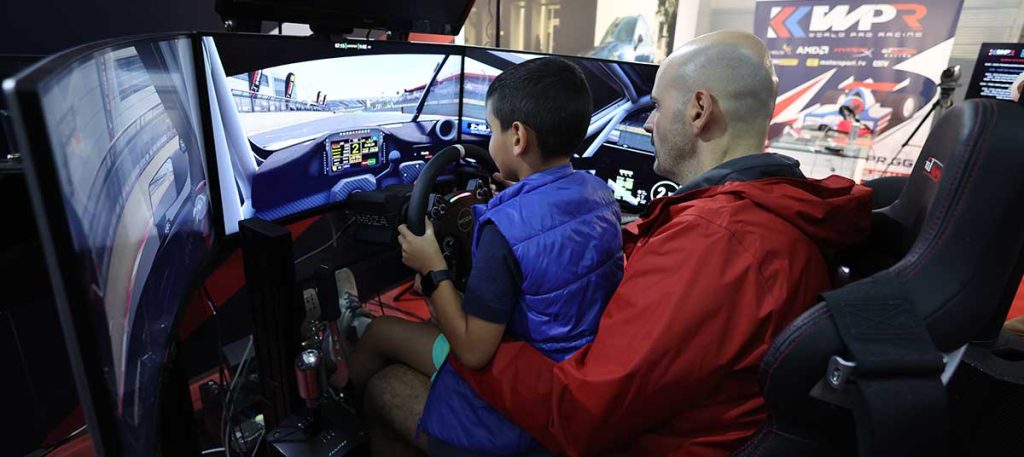
#2 – As we mentioned in the article, there is definitely a Maltese scene for SIM Racing. Could you elaborate further on this and describe how we compare to other nations in this regards?
When we started in August 2017, compared to today, the Maltese scene hasn’t necessarily “blown up” despite our incessant efforts to grow the scene. My role in this context has been the founding of SIM Racing Malta, followed by WPR which involved me quitting my other jobs, sacrificing my wage.
Thanks to my grueling efforts and numerous sleepless nights, WPR has become the brand which is now known globally and hosting events for reputable motorsports manufacturers, featuring the top athletes the world. In addition, thanks to Sim Staff we have the likes of Adrian Figallo who was appointed as part of an adjudicating team working with F1 esports in UK apart from a local team here with WPR making the most of his expertise.
Locally, Sim Racing has grown a lot, especially in the casual aspect. Despite the gradual growth, when it comes to the level of competition, I’m not satisfied with it yet. From what I’ve observed so far, it will likely take some time to until it’s where I want it to be.
As a person, not as a businessman, I want to promote esports and that’s why I created Esports+, that’s why I became the Vice Chairman of the International Esports Digital Motorsport Federation in order to use my expertise to grow the international SIM Racing community, alongside the Maltese community which is always in my mind.
Compared to other nations, there is something that I always highlight – the mentality. The local mentality is something that I hate and I’m not someone to hate that often. Specifically, I strongly dislike the way in which we always paint ourselves as underdogs, especially in SIM Racing – there’s no good reason to be the underdog. Also, there’s no reason to mistreat and antagonize foreigners, which is something I’ve unfortunately encountered also. There’s always an excuse for not putting in the effort whatever it may be – at the end of the day you need to work yourself, to work hard irrelevant of the factors. Sure, maybe you might need to invest in an engineer to develop a setup, but you could do it yourself if you wanted to.
We do have drivers who are capable of being the best in the world. Sadly, they expect to magically perform consistently and bring in sponsorships without putting in the exceptional effort. Getting sponsors is entirely possible – I’ve managed to land an AMD sponsorship alongside government support from the likes of GamingMalta. First though, it needs to come from yourself and your self-esteem which you are not born with, but are determined to build up regardless of your starting point.
Education, revising traditional education, is one avenue of changing this dated mentality.
#3 – Besides virtual competitions and training, what are other uses and implications of SIMRacing as a technology?
Certainly, SIM Racing is not just about competitions, winning prize pools and so on. For example, training is a core component. Correspondingly, World Pro Racing is becoming a licensed school and we’re coaching children to adults while developing local tracks such as the La Rev karting track which is currently being used for competition. Having more time to practice virtually, without injuring themselves or expending tires, fuels or damaging cares is a massive advantage.
Also, we’ve noticed that transitioning from SIM Racing to motorsport is accompanied by an improvement in performance due to the added sensory and mechanical inputs from real life.
Regardless of the where these kids are placing, their skills as a driver are secondary to the other benefits. Personally, I’ve had parents contacting me and explaining how their child is showing more signs of obedience, respect and discipline thanks to the etiquette which motorsport demands. These benefits are especially evident in children with special needs, autism and even children who require speech therapy – I’m proud to share that such children have experienced immense growth and development through SIM Racing and moreso, esports – as someone who suffers from ADHD, I’m very proud of this.
To this extent, SIM Racing, in the greater context of esports, can change lives when properly implemented. Open to anyone, especially those who feel marginalized or excluded, individuals with special needs, SIM Racing is a unique educational experience on how to interact with people respectfully regardless of who they are. To elaborate further, we’ve also support female drivers who traditionally are left out of the discipline, as we hosted the first SIM Racing event exclusively for women last year.
Furthermore on the topic of training, we use technology to track eye movements, heart rate and blood pressure for anxiety around certain corners and their exact driving performance in the context of these physiological factors. Also, psychological factors play a massive part too – it’s not just about the game and at times we’re not coaches, we’re also mentors.
On the notion of mental health and also marginalized communities, I’ll reiterate that education is very important for both esports and gaming, as mentioned on Esports+ using my 22 years of experience. There are certain stereotypes, such as regarding ADHD, autism and speech pathology, which are entirely false. Thanks to PBS accepting Esports+ as a programme, supported by sponsors, we’re discussing everything from mental health, physical health, clarifying definitions in the industry (iGaming is not gaming!), addressing addiction and depression – all in the context of esports.
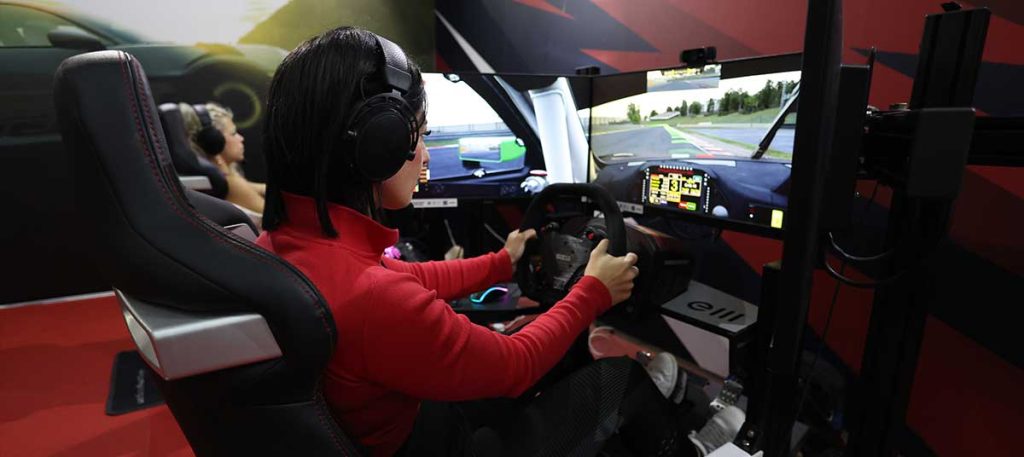
#4 – In conclusion, what does the future of SIMRacing hold both internationally and locally?
Starting with World Pro Racing, we plan to continue expanding globally and locally, with events on both levels.
So, what’s necessary for local growth?
In my opinion, drivers need to say “let’s do it, I want to compete irrelevant if I come last or first”. From first-hand experience, I’ve encountered this misconception concerning placing last. One should compete for the sake of competing – sure, winning is awesome, but being professional means giving it your all regardless of the number. As a mentality, it’s very detrimental on an individual and community level.
As coaches, we always explain what they do wrong, we have a professional adjudication team licensed by the Malta Motorsports Federation through the FIA (governing body of motorsport globally) and supported by top stewards. We have locals, for example, my partner Adrian Figallo, who is the top steward in Malta which is why he was chosen to be part of and adjudicate for F1 Esports thanks to Sim Staff, who appointed him and local team to use Adrian’s expertise.
So yes, we Maltese are capable of doing whatever we want. It’s not about the capacity or the population. Yes, for motorsport we might not have the resources, but there’s no excuse for SIM Racing.
Locally, we need more drivers. Having organizers is fantastic, but can organizers host events without drivers to compete in them? Apart from the unity that we always talk about, it’s up to the individual to say ‘yes I want to compete’.
So yes, this is what I want locally. Now as Vice Chairman of the Federation of Motorsport, my aim is to push education and help other organizers to become professional, launching courses to educate organizers and raise the level of SIM Racing starting. Of course, the federation is global, and we do it globally, but Malta is always in my mind.
Don’t come with excuses, improve your motivation, that’s what is most important. Don’t start something and stop. Passion only is not enough, dedication is needed. If you’re tired – do it still.
We’d like to thank Justin for his incredible responses and clear passion on the subject. Feel free to learn more about Esports+ here.
For more news on technology, esports and gaming, visit our news site here: https://playcon.gg/news/


